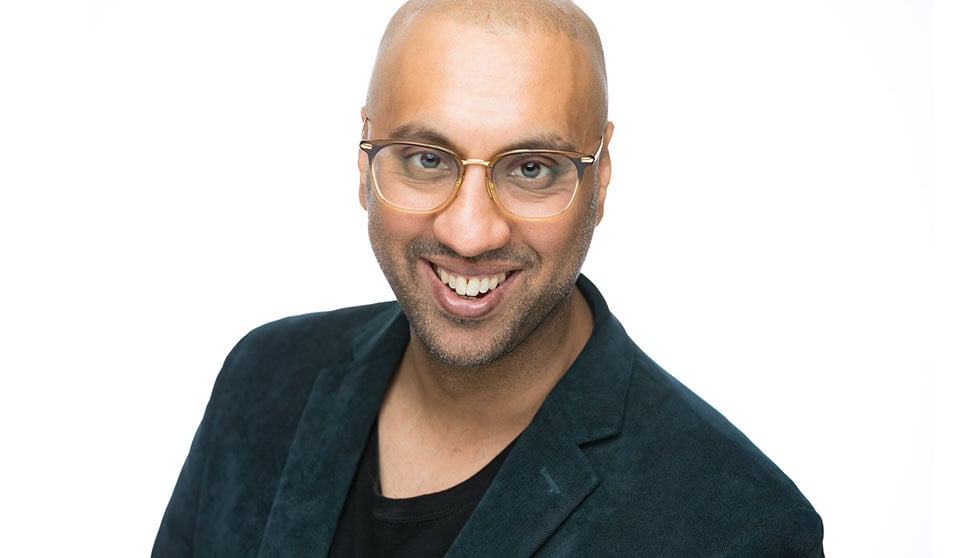He’s always wanted to fight the good fight


1998 – Takes action early
Teenager Ha Redeye acted on his hankering for justice when he moved to Winnipeg to work with low-income and vulnerable populations.
“I had a strong sense of social justice from childhood that manifested itself over time. I was picked on and bullied as a young child — that experience led to an aversion to power being abused. I thought I could be part of the solution and not part of the problem.”

1999 – Goes back to school
In the midst of a backpacking trip of the Middle East, it occurs to Ha Redeye that he could go back to school; this thought leads to a new career.
“I realized the closest place I could do my SATs was Egypt, so I made the trip, did my SATs and gained admission to an American university studying nuclear medical technology. I graduated in the middle of a shortage, and my first job forgave my tuition debt; it allowed me education and opportunities.”

2005 – Takes his skills to Indonesia
After the disastrous Boxing Day tsunami, Ha Redeye decides to act to help rebuild the devastated community.
“’I saw the need and thought ‘I want to do something.’ I had to recruit doctors and get fundraising — we bootstrapped a relief effort.
It was one of my first legal experiences: We had to deal with international law and stay on the right side of things. I didn’t expect it, but in taking on this role, I had to teach myself these aspects.”

2006– Finds the law
Two years after doing a free LSAT “for kicks” and achieving respectable results, an elective law course in health management at Ryerson piques Ha Redeye’s interest.
“It was my first academic encounter with law and I found it fascinating. I had a program director at Ryerson who told me I should go to law school and pushed me to look into it seriously and move from hard sciences to a more academic field.”

2007 – Goes to law school
“The substance of law really excited me — I am very much a law geek. And all that hard work was channelled toward helping people who need help. I did the legal clinic while at university, which was my first exposure to that kind of work; my first experience of the law being used to help those who need the most help. I was torn between a Masters and law school, and law won out because there was a social justice aspect.”

2011 – Begins teaching career
While still completing articling, Ha Redeye begins his teaching career when he is offered a post teaching a single evening course in a specialized area that resonates perfectly with his skillset.
“It was kind of a fluke — I jumped at the chance when they reached out to me. I still teach at the Ryerson law and business clinic: The students do a lot of case groundwork while also learning other skills and earning credit.”

2019 – Joins Durham Community Legal Clinic
After a sole practice focusing on access to justice at Fleet Street Law, Ha Redeye takes over as executive director of the Durham Community Legal Clinic, attracted by the organization’s holistic view of clients’ needs.
“I was drawn by the Access to Justice Hub that recognizes legal issues are intertwined with social issues. We don’t look at people as discrete bundles of need; we help them not just with their immediate problem but by tapping into other resources in the system.”










